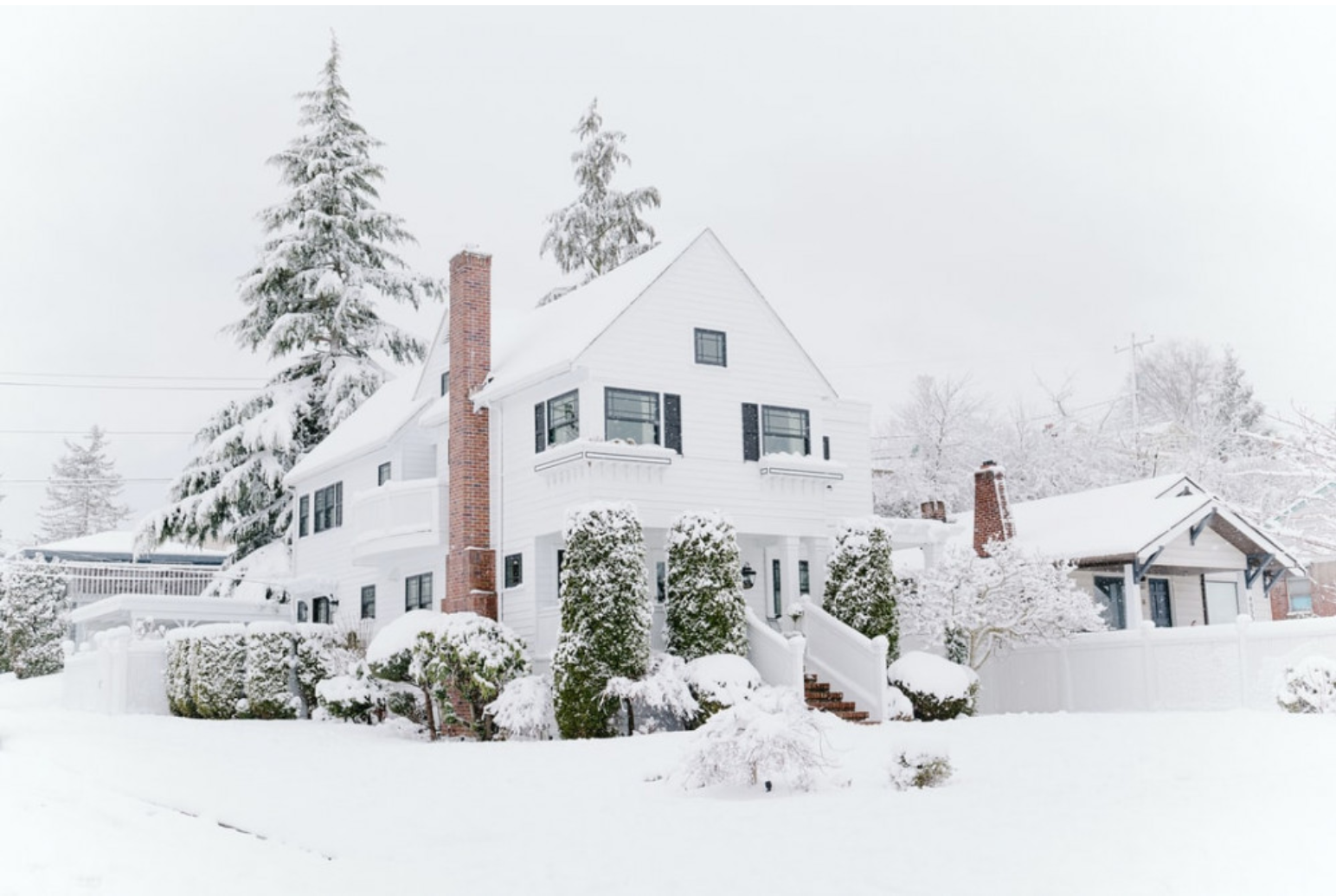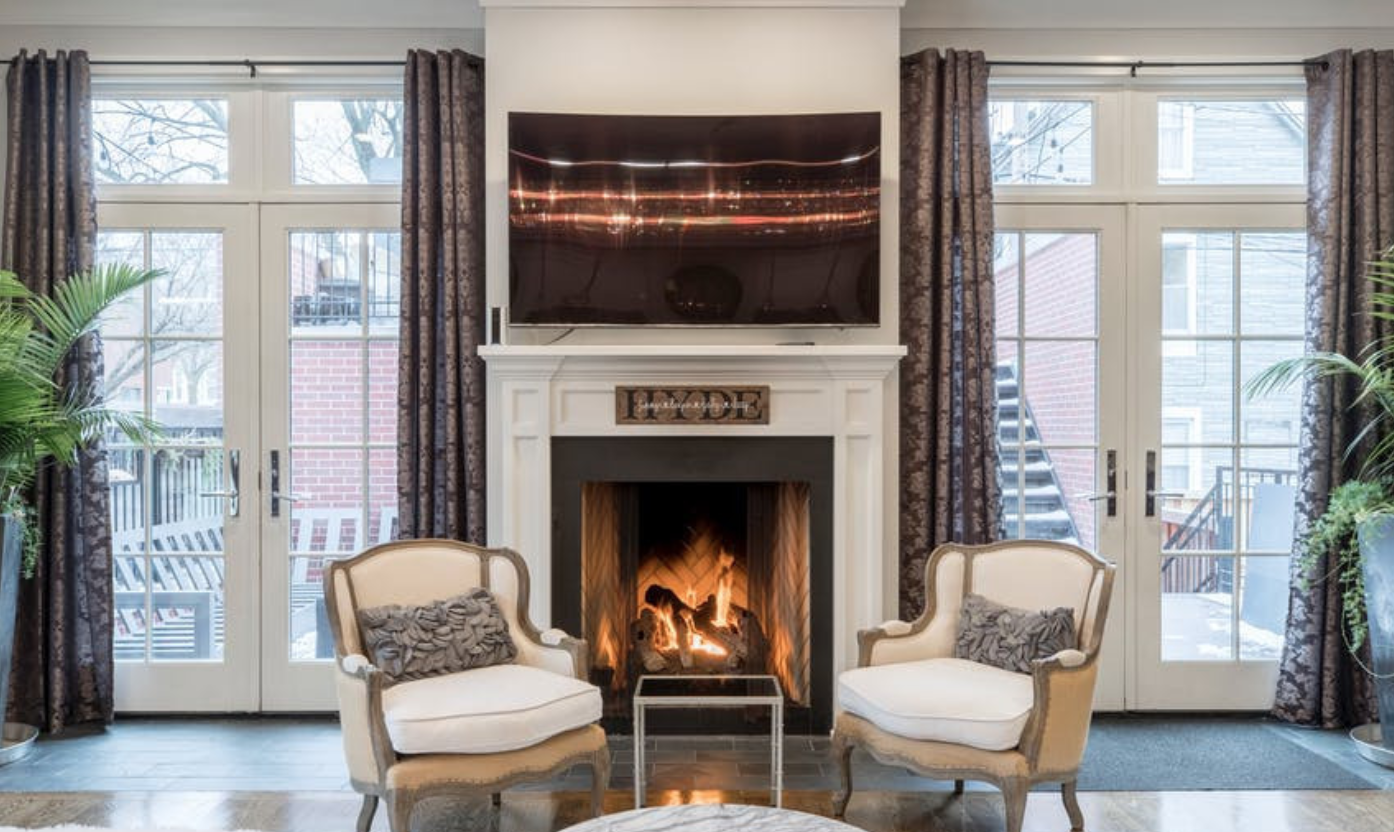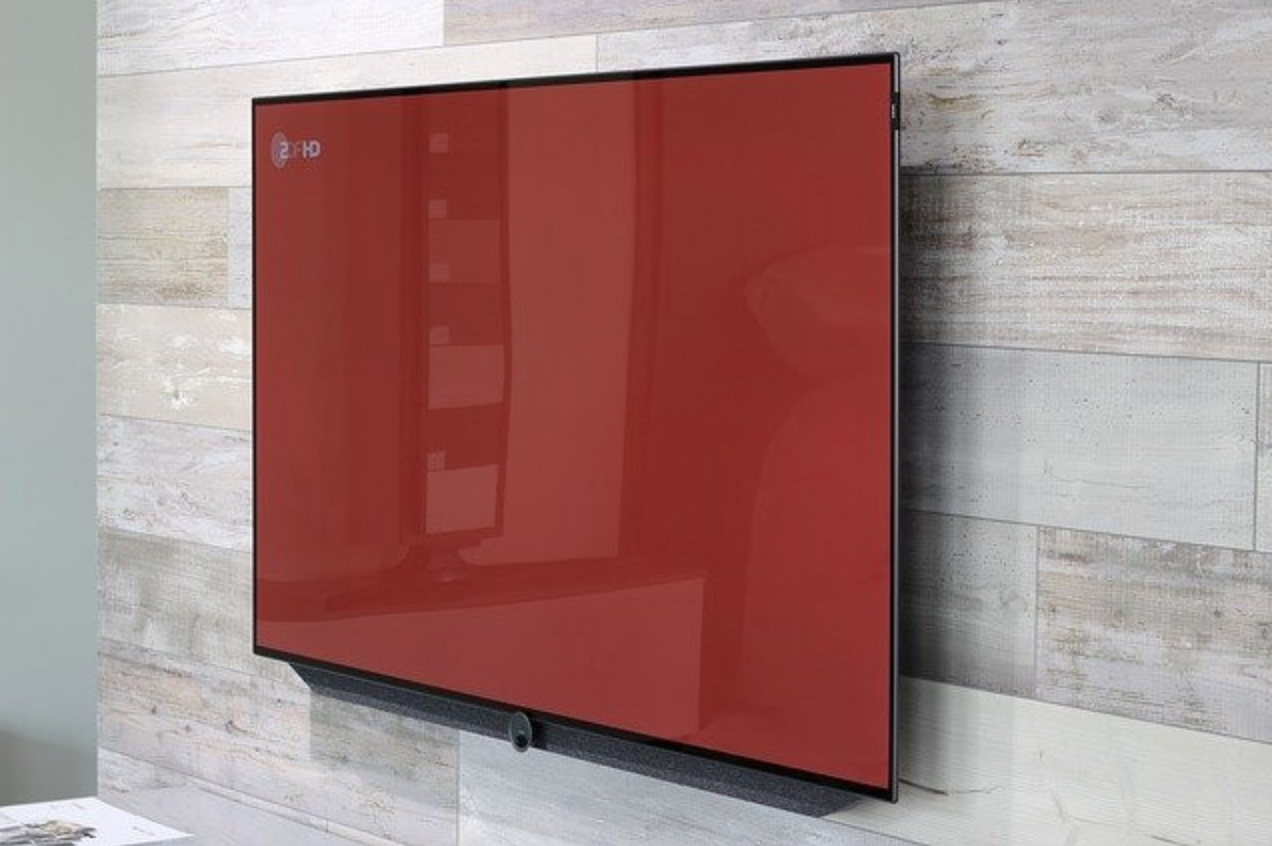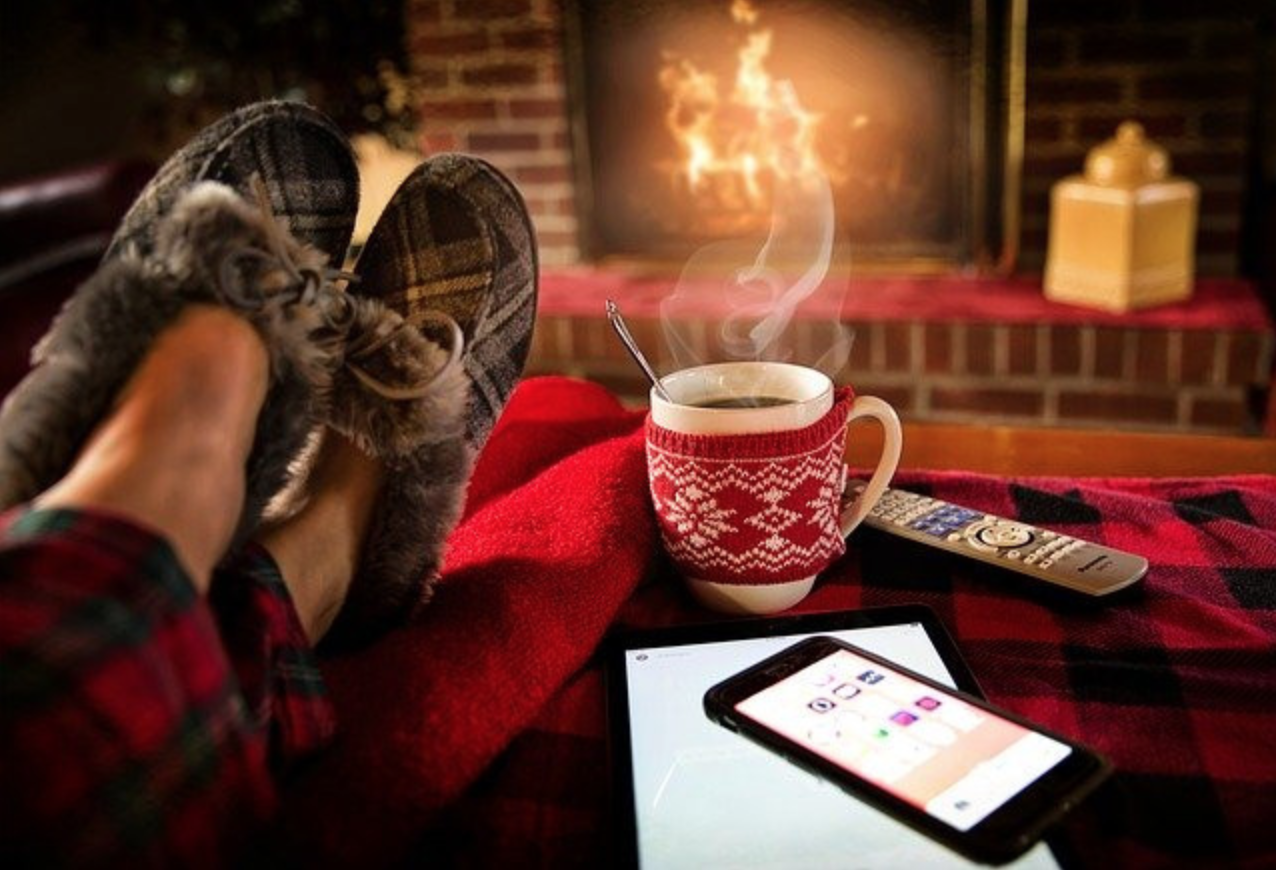Here in Delaware, it rains a lot and often snows in winter, and, having our new fireplace in our home, I wondered how chimneys keep rain and snow out. It turns out that as long as your chimney is made correctly and has all of the parts it needs, this should never happen. The chimney is important for giving the smoke a route to escape when you burn a fire.
Chimneys caps keep rain and snow out of your home. The chimney cap needs to be installed correctly because if the flashing is damaged or loses its seal, water and snow can come through the gaps and into your fireplace. If snow or water is getting through your chimney, you should see water in your fireplace.
It is important to make sure that your chimney is functional and closed so that rain and snow never make their way into your home. Continue reading to learn how chimneys prevent rain and snow from coming into your home.
How Do Chimneys Keep Rain and Snow Out?
If your chimney is made properly and everything is in good shape, the chimney cap and the flashing at the roofline will ensure that rain and snow are unable to fall into your home. Chimneys are designed to keep the rain and snow out, and the entire fireplace is designed to keep rain from falling in.
The chimney is normally fitted with a chimney cap, but it could have a chimney cowl or a chimney damper. A chimney cap is a flat metal piece in the shape of a rectangle, and it is usually at the top of the chimney and has legs. It prevents rain and snow from falling into the chimney, while still allowing smoke to escape. They normally have a screen to prevent small animals, birds, and debris from falling into the chimney.
A chimney cowl is normally placed on homes in areas that experience high winds. The difference between it and a chimney cap is that it can have an opening on one side and be closed on the other. They are common in factories that have chemical smoke that needs to escape.
A chimney damper is commonly used in places that experience a lot of snow. They are stronger and more durable, and they are adjustable. They are normally made of metal, and they can handle the weight of snow. Most people keep them closed unless they are using the fireplace.
Can You Have a Fire When it Rains?
You can have a fire when it rains as long as you have one of these devices on top of the chimney. Even if the rain falls at an angle, it shouldn’t be able to enter the chimney. As long as your chimney doesn’t have any leaks, it will prevent moisture from coming into your home. If you notice water coming into the fireplace, you have a leak and will need to get it repaired.
Fireplace chimneys are usually made of masonry or stainless steel. Masonry might include bricks, concrete, flue tiles, and more, while stainless steel chimneys are made of stainless steel. Over time, the rain and snow can cause damage to your masonry chimney. It can seep through the cracks in the bricks, particularly if it is cold and the water freezes and expands inside.
What Kind of Chimney Maintenance Do I Need?
If you have a masonry chimney, you should schedule regular maintenance to fix any issues before they become a big, expensive problem. It is a good idea to schedule a chimney inspection every year.
Your chimney doesn’t degrade quickly, but over time, it happens. The masonry is constantly exposed to changing temperatures and conditions, and it develops cracks as the temperatures and rainwater make it expand and contract.
If you don’t have regular inspections done, you may not know what has happened. It is often difficult to see signs of a problem until there is significant damage. This is far more expensive to repair.
There are a few signs that may indicate that you have a problem at hand, including the following:
- Hearing dripping water in the chimney
- Seeing condensation or water in the fireplace
- Seeing leaks, moisture, or water stains on the walls or ceiling around the chimney
- Smelling a musty scent when it is raining
- Seeing cracks on the exterior of the chimney
What Does it Mean If I Smell the Rain in My Fireplace?
If you have water in your chimney, it can cause an unpleasant odor. It smells musty. If you have a chimney cap, then this should prevent moisture from getting into your chimney. However, if there is any damage to your chimney, water may get in, and it can cause this smell. Moisture can lead to more problems, including causing the damper to rust and stop working.
In addition, moisture can damage the lining on the flue, leading to very expensive repairs. If you notice a smell coming from your fireplace when it rains, you need to have a professional come and check for any damage.
What Does a Chimney Sweep Do?
A chimney sweep is a professional who will help you keep your chimney clean. They help prevent fires in the chimney, and they clean the chimney, the smoke ducts, the flue, and more. They can help you with information on how to take care of your chimney.
You should have a chimney sweep come in once a year. They will thoroughly clean your chimney to make sure that you don’t have any fires where they don’t belong, and they will notice if you need any repairs before it becomes a major issue. They will know if there is a leak forming, and they will be able to help you with any smells or moisture you have noticed.
Final Words
Chimneys are designed to make sure that rain and snow do not fall into the fireplace. They are fitted with a chimney cap, a chimney cowl, or a chimney damper to make sure. As long as your chimney is in good working order, you shouldn’t have any trouble when it rains or snows.
Related Posts:




